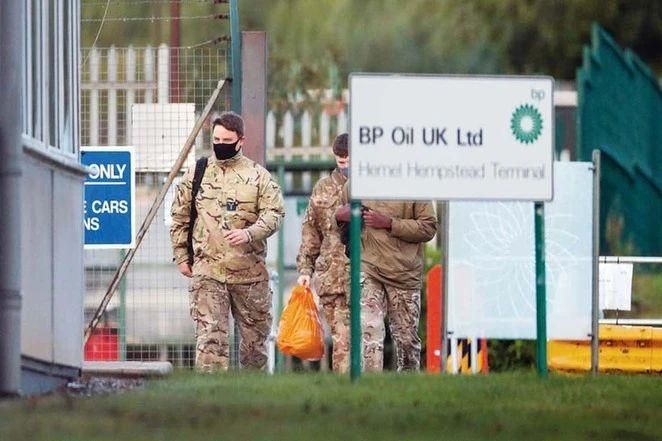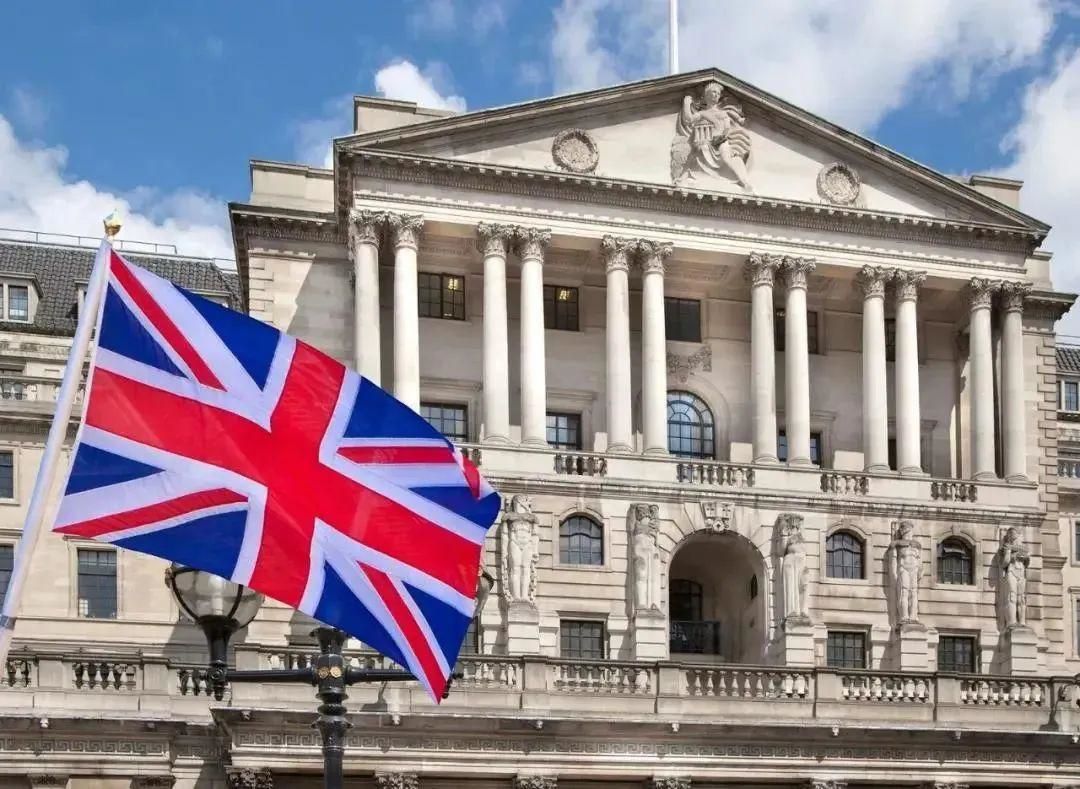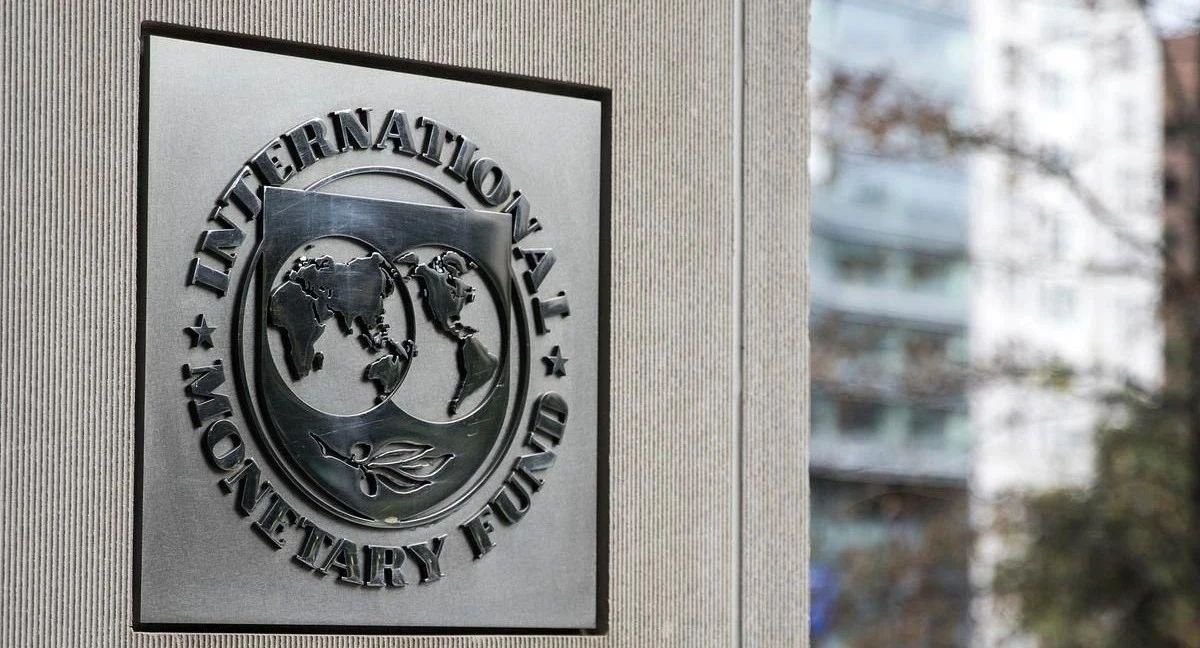The UK’s economy is being severely impacted by high inflation and the consequences of Brexit. In recent months, prices have skyrocketed, leading many people to avoid spending more on goods, resulting in a surge in supermarket thefts. Some supermarkets have even resorted to locking up butter to prevent theft.
A British netizen recently discovered locked-up butter in a London supermarket, sparking a debate online. According to the latest data released by the UK food industry on March 28th, the country’s food inflation rate in March rose to a record-breaking 17.5%, with eggs, milk, and cheese among the fastest-growing in price. High inflation levels are causing further pain for consumers struggling with the cost of living crisis.
Following Brexit, the UK is facing a labor shortage, with 460,000 EU workers leaving the country. In January 2020, the UK officially left the EU, introducing a new points-based immigration system to reduce EU immigration as promised by Brexit supporters. However, while the new system has succeeded in reducing EU immigration, it has also plunged businesses into a labor crisis, adding more uncertainty to the already sluggish UK economy.
As part of the Brexit campaign’s core pledge, the UK reformed its immigration system to limit the influx of EU workers. The new points-based system, implemented in January 2021, treats EU and non-EU citizens equally. Applicants are awarded points based on their skills, qualifications, salary levels, language abilities, and job opportunities, with only those who have enough points granted permission to work in the UK.
Highly skilled individuals such as scientists, engineers, and scholars have become the main target for UK immigration. However, since the implementation of the new points system, the UK has experienced a severe labor shortage. A report by the UK Parliament showed that 13.3% of businesses surveyed in November 2022 were facing labor shortages, with accommodation and catering services experiencing the highest shortage at 35.5%, and construction at 20.7%.
A study released by the Centre for European Reform in January revealed that since the new points-based immigration system took effect in 2021, the number of EU workers in the UK had decreased by 460,000 by June 2022. Although 130,000 non-EU workers have partially filled the gap, the UK labor market is still facing a severe shortage of 330,000 workers across six key sectors.
Last year, over 22,000 UK companies went bankrupt, a 57% increase compared to the previous year. The Financial Times reported that inflation and interest rate increases were among the factors contributing to the surge in bankruptcies. The UK construction, retail, and hospitality sectors were hit the hardest by the economic downturn and declining consumer confidence.
According to the International Monetary Fund (IMF), the UK is set to become one of the worst-performing major economies in 2023. Preliminary data from the UK’s Office for National Statistics showed that the country’s GDP stagnated in Q4 2022, with an annual growth of 4%. Economist Samuel Tombs of Pantheon Macroeconomics said that among the G7 countries, the UK is the only economy that has not fully recovered to pre-pandemic levels, effectively falling into a recession.
Deloitte analysts believe that the UK economy has been stagnant for some time, with GDP expected to shrink in 2023. The IMF’s latest World Economic Outlook report, released on April 11th, predicts that the UK economy will contract by 0.3% in 2023, making it one of the poorest-performing major economies globally. The report also suggests that the UK will have the worst economic performance among the G7 and one of the worst in the G20.
The report forecasts that the global economy will grow by 2.8% in 2023, a 0.1 percentage point decrease from previous predictions. Emerging markets and developing economies are expected to grow by 3.9% this year and 4.2% in 2024, while advanced economies will see growth of 1.3% in 2023 and 1.4% in 2024.
The struggles faced by the UK economy following Brexit and amidst high inflation rates demonstrate the challenges of going it alone outside the European Union. As the country grapples with labor shortages, increased bankruptcies, and slow economic growth, it is becoming increasingly clear that the UK’s post-Brexit vision is hitting significant obstacles. With the IMF predicting that the UK will become one of the worst-performing major economies in the near future, the country must address these pressing issues to regain its competitive edge and revitalize its economy.
Post time: Apr-13-2023









